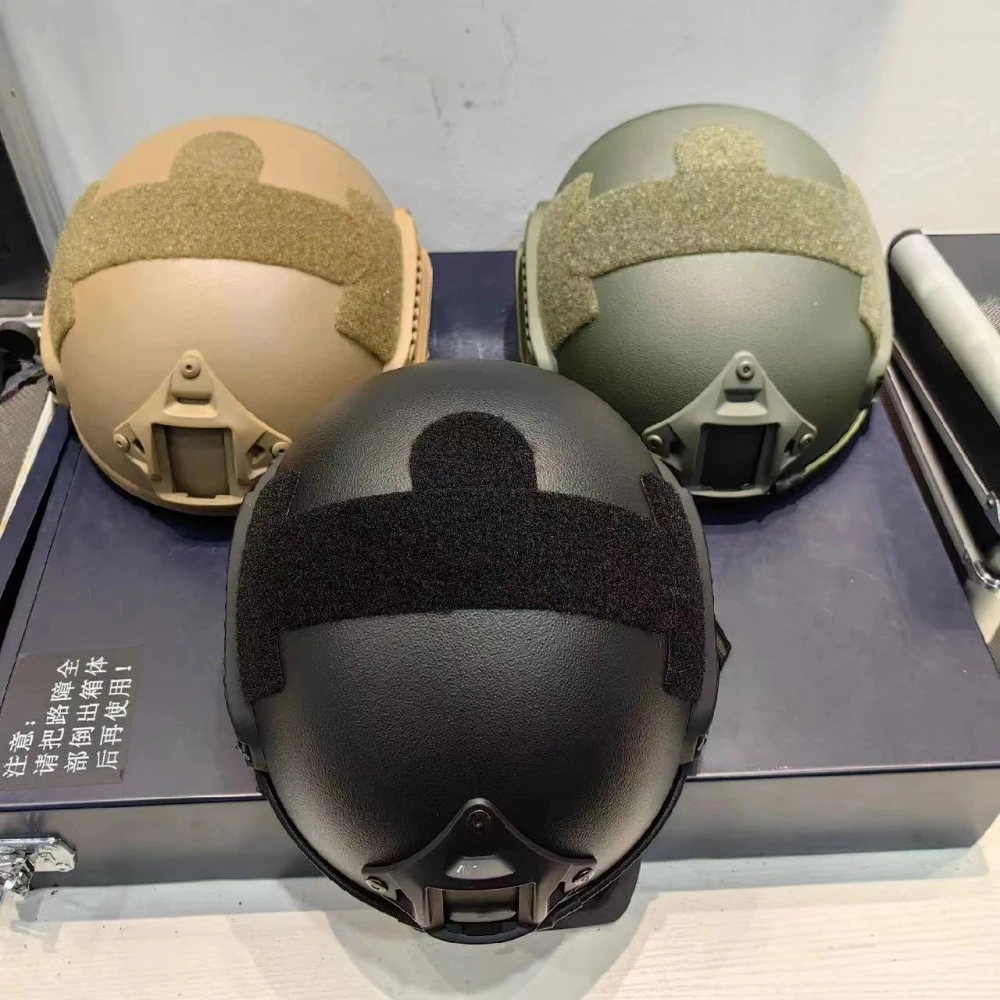Address
304 North Cardinal St.
Dorchester Center, MA 02124
Work Hours
Monday to Friday: 7AM - 7PM
Weekend: 10AM - 5PM
Address
304 North Cardinal St.
Dorchester Center, MA 02124
Work Hours
Monday to Friday: 7AM - 7PM
Weekend: 10AM - 5PM

Ballistic helmets are an essential piece of protective gear used in a variety of high-risk environments. These helmets are designed to offer the highest level of protection against ballistic threats, blunt impacts, and other potential head injuries. This article explores the different types and features of ballistic helmets available in the market.
Introduction to Ballistic Combat Helmets
Ballistic combat helmets are specifically engineered to meet the rigorous standards set by the National Institute of Justice (NIJ). Level IIIA ballistic helmets are capable of withstanding bullets and fragments from handguns and shotguns without compromising the wearer’s mobility and visibility.
Materials and Technologies
Modern ballistic helmets like the MICH and ACH (Advanced Combat Helmet) are made from advanced Kevlar and polyethylene fibers, offering both lightweight comfort and robust protection. Innovations in material science have allowed for helmets that are not only bulletproof but also capable of reducing the impact of blunt force.
Design and Features
These helmets typically feature adjustable padding, a four-point suspension system, and compatibility with various accessories such as night vision goggles and communications devices. The modular design allows for quick adjustments in the field, enhancing tactical flexibility.
Protection Capabilities
A Level IIIA ballistic helmet provides protection against .357 SIG full metal jacket flat nose rounds and .44 Magnum semi-jacketed hollow point rounds. It is the highest level of protection available for helmets without requiring additional armor plating.
Usage Across Different Fields
Ballistic helmets are not limited to military and law enforcement. They are also used by private security personnel, peacekeepers, and civilians in areas of conflict. The versatility and adaptability of ballistic helmets make them invaluable in many scenarios.
Enhancing Functionality with Accessories
To maximize the effectiveness of a ballistic helmet, various accessories can be added. Night vision mounts, tactical helmet face shields, helmet covers in multicam patterns, and ear protection devices are common. These accessories not only provide additional protection but also enhance operational efficiency.
Conclusion
In conclusion, ballistic helmets are a critical component of protective gear for a variety of professions and situations. Advances in technology and design have made them more effective and comfortable, providing essential protection in many high-risk environments. Choosing the right helmet and accessories is crucial for ensuring maximum safety and operational effectiveness.